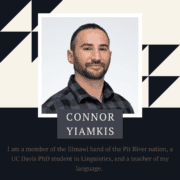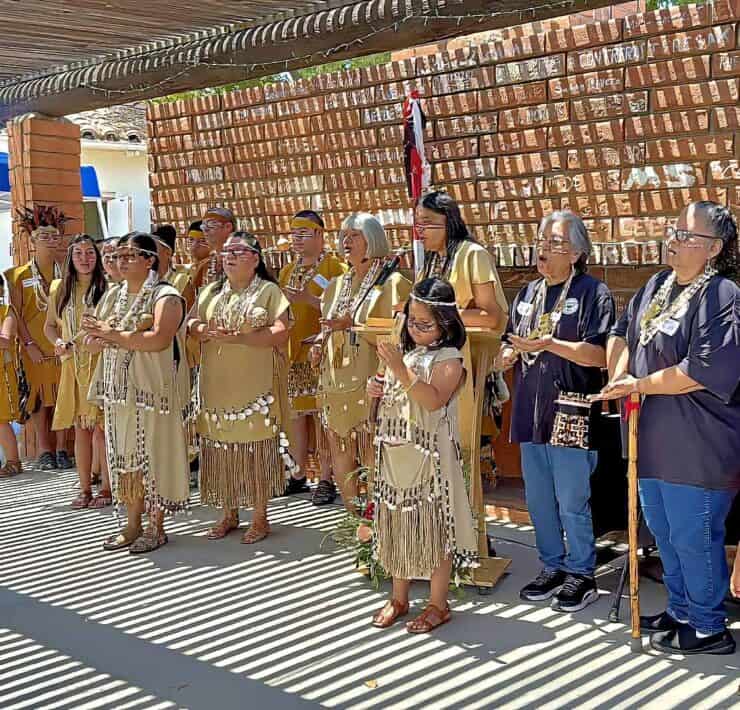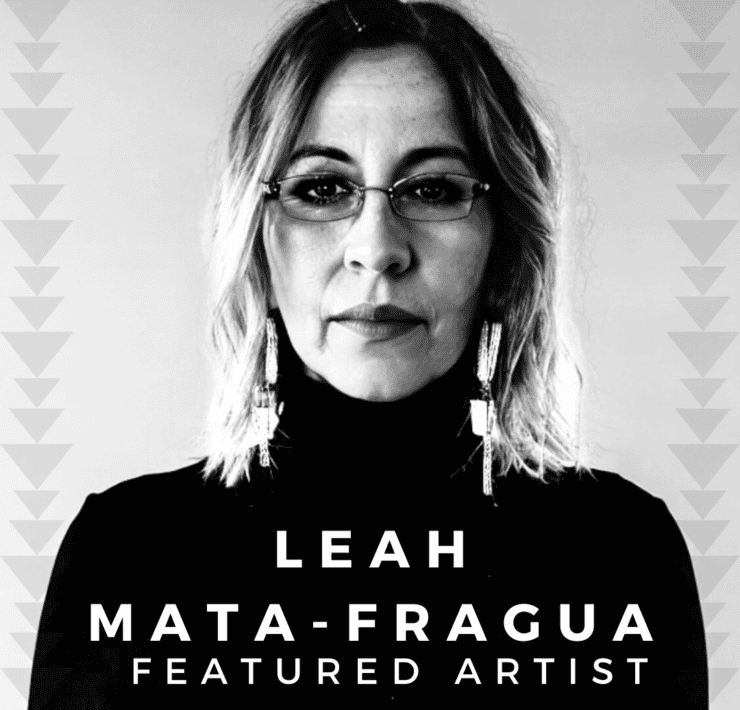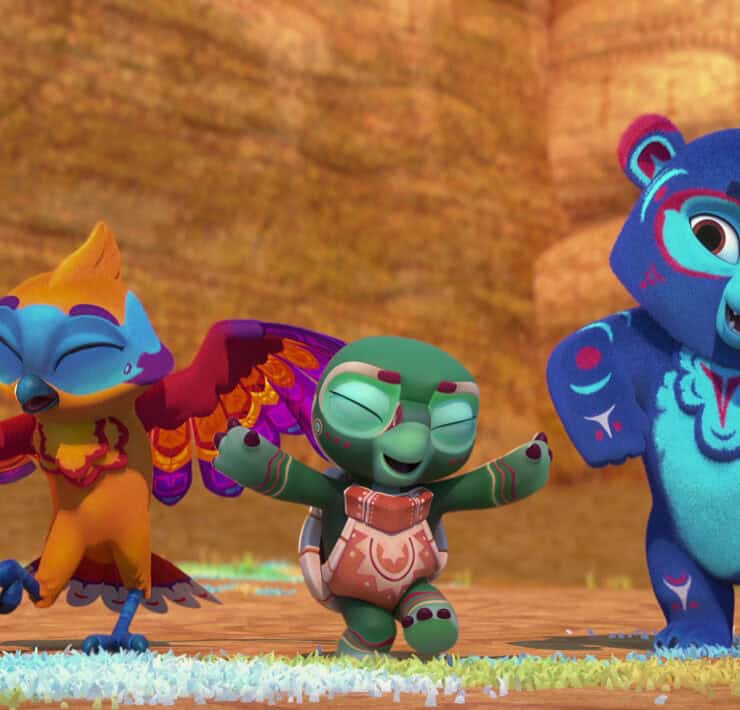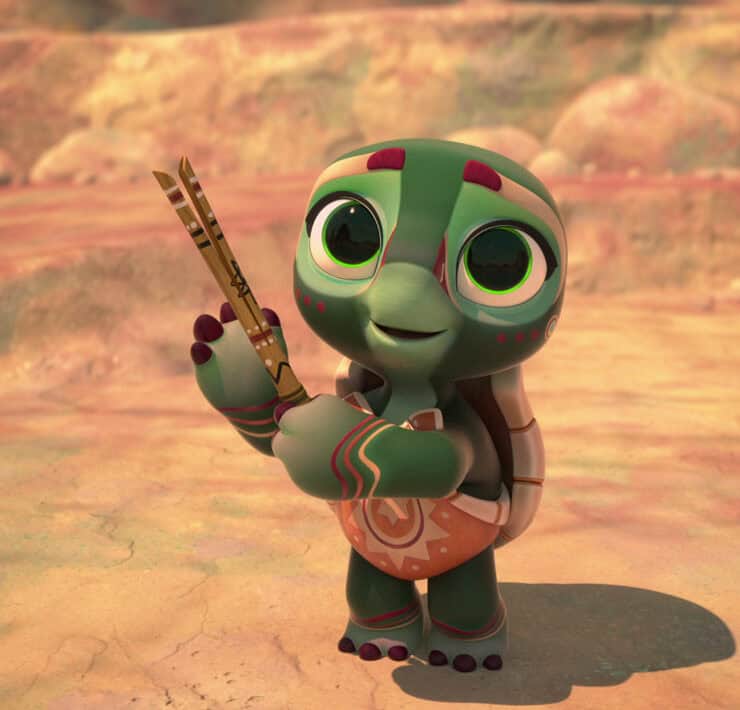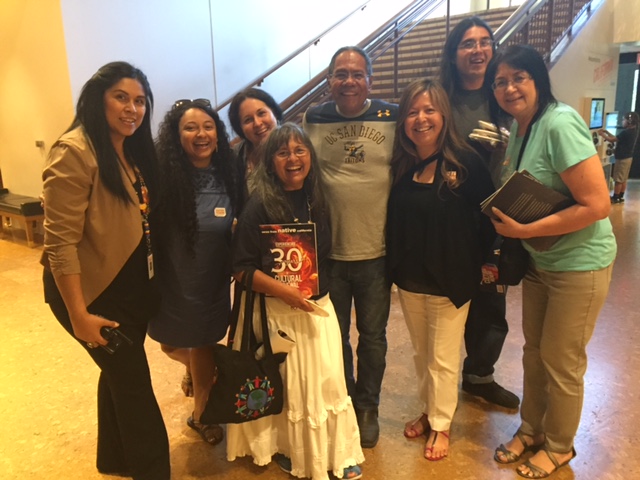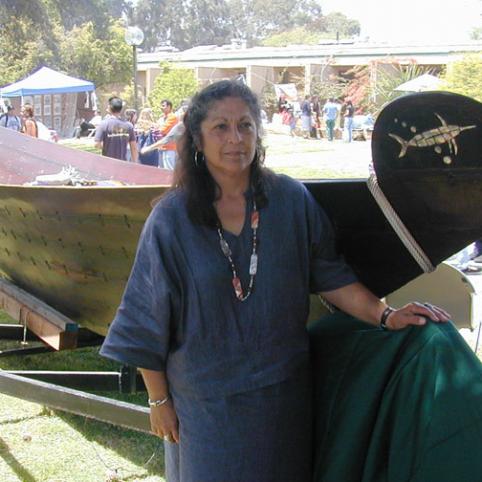
Roberta Reyes Cordero, Indigenous Leadership Awardee
By Megan Foucht
For nearly twenty years, she has helped the Chumash Nation reestablish a connection to its canoeing and seafaring roots, while actively pursuing ways to give tribal people a voice in marine planning in California.
“I’m a facilitator,” says Roberta Cordero. “I love to help people come together and talk, say what they need to say without fear, and know that they are heard and understood.”
For more than twenty years, Roberta has been bringing indigenous voices to the table throughout the state of California — both together over their shared heritage and in conversation with state and federal agencies around the state’s marine planning efforts.
Growing up in Santa Barbara, Roberta’s love for the ocean was established at a young age and, in the days before the boogie board was invented, she spent time with her family body-surfing and riding the waves on old-style canvas blow-up mattresses. Reflecting traditional values, her family was “ahead” of the times in other ways.
“My family was supportive and encouraging to me as a young woman,” she says. “My father, especially, told me that I could do what I wanted with my life and that being a woman had nothing to do with keeping me back.”
Eventually moving away from the California coastline of her youth, Roberta found herself in Seattle, where she raised her five children, graduated music and then law school, and began her path as a mediator and facilitator. But always the ocean was calling to her.
“I was like a little lemming running out to the ocean whenever I had a chance — keeping tabs and realizing over time the kind of degradation that was happening.”
As she was pulled to reconnect with her Chumash heritage and an earth-based spirituality, she started connecting with Native communities in the Pacific Northwest and, as fate would have it, attended the first Paddle to Bella Bella in 1993.
“That was a real life-changing event. It brought so many things together for me about how cultures form and how spirituality is connected to the place you live,” she says “My favorite definition for ‘culture’ is ‘how we do things around here.’ In other words, each place will allow you to behave only in certain ways if you want to survive, and those ways become the culture of the place.”
Following the Paddle to Bella Bella, Roberta and her daughter, Julie, moved back to their Chumash homeland. From the Northwest canoe nations, they bore a message to build a traditional canoe and an invitation to join the canoe nations in Tribal Journeys.

With other like-minded Chumash, they did build a tomol — a traditional Chumash redwood plank canoe — funded by a grant from NOAA. ‘Elye’wun (Swordfish) was launched in 1997. The same year, Roberta, her daughter, and four others founded the nonprofit Chumash Maritime Association in order to hold the tomol’s ownership on behalf of all Chumash as well as to promulgate the revitalization of indigenous maritime culture. Although a few tomols had been built during the 20th century, ‘Elye’wun was the first to be owned by Chumash people in generations.
On September 8, 2001, the tomol made her first Santa Barbara Channel crossing to Limuw (aka Santa Cruz Island), regarded as an origin place for Chumash. She was greeted by about 150 Chumash individuals, families, and friends, most of whom were in this sacred place for the first time. Old connections were renewed and new ones forged. This has now become an annual event that continues to foster ongoing renewal of language, art, song, dance, and lasting friendships.
“Some of our young people were very small children when we started this journey thirteen years ago; they are the first generation in a long time that can take having canoes for granted,” Roberta says.

Roberta was invited to sit on the Channel Islands National Marine Sanctuary Advisory Council, providing the first indigenous voice for the Council from 2000 to 2003. Through her advocacy, a full Chumash council seat was added, which has now been actively occupied for more than ten years. From there, her involvement in the protection of marine and coastal areas grew. From 2008 to 2011 she was a tribal representative for the South Coast Regional Stakeholders Group of California’s Marine Life Protection Act Initiative (MLPAI) and then the only tribal member of the Blue Ribbon Task Force for MLPAI’s process in Northern California — all the while bringing additional Native voices to the conversation and continuing her role as a mediator and facilitator professionally. Most of her path-finding for Chumash and other California Native groups she has done as a volunteer.
When asked what her hopes are for the next generation of native leaders, Roberta says, “It’s critically important for the young leaders to be deeply connected to their homelands, to the place where they live now. I hope for them that leadership will come out of that connection.”
She continues, “In my view, it is not enough to learn how to make the beautiful traditional artifacts of our ancestors. We must know the natural resources intimately and then take care of the places where they are. These go hand in hand.”
In addition, she says, she sincerely hopes one or two of her grandkids will become marine biologists.
On November 14, 2014, Roberta Reyes Cordero will be honored along with four others with the 12th annual Ecotrust Indigenous Leadership Award in a private ceremony at the Portland Art Museum. Find out about public events with the ILA honorees and information on the award at ecotrust.org/ila.
This is a reblogged article that was originally published by www.ecotrust.org

